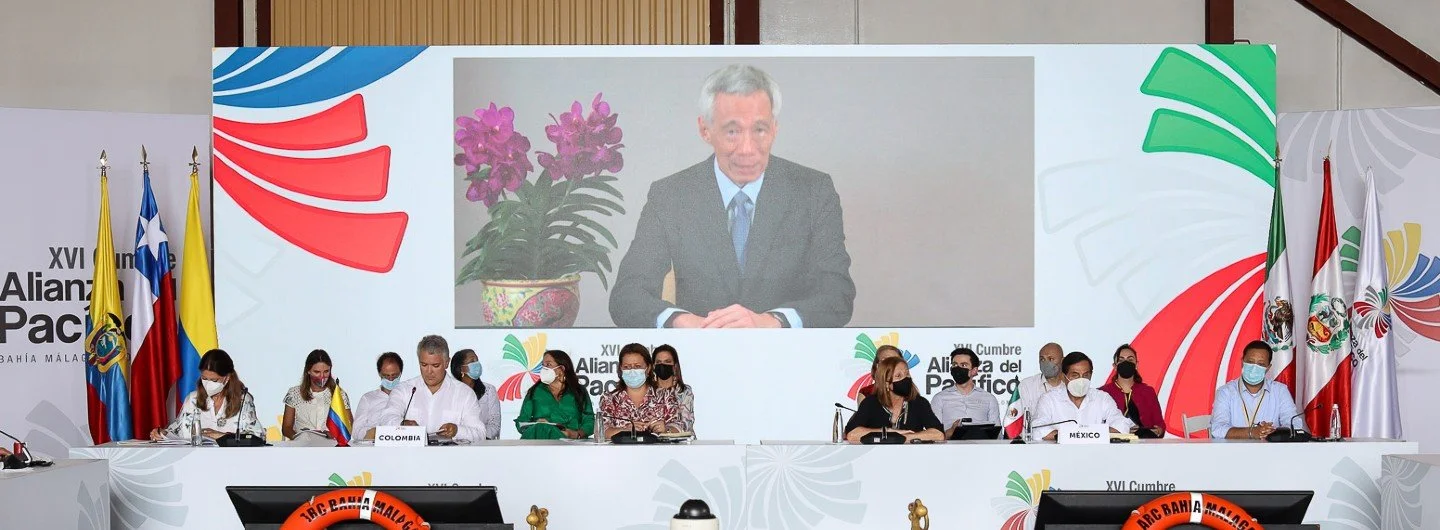Perceiving the digital sphere as winner-takes-all leads to an incorrect assessment of the market forces shaping the digital economy and suboptimal policy responses. In particular, the suggestion that developing countries should enact technology transfer, data localization, and internet filtering requirements, or force the breakup of large e-commerce firms, ignores both the benefits of these platforms to development and the potential consequences of pushing platforms out of small markets. Instead, governments should focus on creating an enabling environment for MSMEs to pursue digitalization, enacting regulation that encourages firms to leverage digital tools for growth and development. For MSMEs, there are several key reasons participating in digital platforms can beneficial. Firstly, digital platforms increase visibility for participating MSMEs, as large platforms are accessed by large numbers of customers. Participation in digital platforms contributes to lowering operational costs, as economies of scale and their marketing abilities reduce the burden of logistics, payment methods, and marketing on individual firms participating in the platform. For example, a small firm may struggle to navigate customs rules when engaging in cross-border trade, adding risk and increasing costs. E-commerce platforms with sufficient scale and expertise can easily navigate the complexities of cross-border trade, reducing costs for participating MSMEs. This has enabled the emergence a growing number of ‘micro-multinationals’ in the Asia-Pacific region, wherein small business engages in cross-border e-commerce. A further benefit in participating in platforms for MSMEs is access to their analytics capabilities and optimization programs. Using data analytics to collect information about customer preferences, MSMEs can leverage the platform’s data to optimize offerings to customers. Digital platforms, like any other business, are profit-seeking. But this does not mean that this profit-seeking behavior functions to stifle MSME growth or development. Instead, the opposite is true. Platforms tend to push capacity-building efforts to enable MSMEs to participate in their platforms, unlocking new growth opportunities. For example, Meta, Amazon, Gojek, and Flipkart offer training, advisory services, and more to MSMEs to boost capacities to participate in their platforms. From this arrangement, the companies benefit from an increased number of suppliers, and MSMEs unlock new growth opportunities, increasing access customer pools and addressing key barriers to growth.
Russia’s Not-Normal Trade Relations
Nevertheless, the basic point still stands—products from the WTO are meant to be given consistent tariff rates at the border. Thus, a member with an MFN rate of 10% on eyeglasses can collect 10% in tariffs from every incoming WTO member firm at the border for each pair of glasses. If the eyeglasses are coming from a non-WTO member, then there is no MFN obligation. Members can apply whatever tariffs they want to glasses from non-WTO members. The pool of non-members is steadily shrinking with most remaining outside the WTO currently involved in accession negotiations. Belarus is not yet a WTO member, meaning that members can quite easily apply whatever tariffs or measures they want against Belarusian eyeglasses or any other product. Governments can be quite particular about products that come in from across borders. Thus, although they have agreed to non-discrimination and MFN treatment in the WTO, they do not give such consent in all circumstances. There are a number of exceptions clauses within the WTO that can be triggered, such as in times of crisis. The WTO has an explicit set of national security exceptions. The original GATT was formed in the aftermath of World War II and officials were extremely conscious of trade concerns in times of direct conflict or war. They put into place Article XXI on security exceptions that includes a provision to suspend application of the rules “taken in time of war or other emergency in international relations.” For a long time, the use of national security exceptions remained limited. They were assumed to be for use by direct combatants in war situations. But the norm against invoking these exceptions has sharply weakened in recent years. Some WTO members have now declared that they will apply national security exceptions to revoke Russia’s MFN treatment. In other words, they have reserved the right to make unilateral changes in their treatment of Russian imports such as imposing an across-the-board 35% tariff on all products. The removal of MFN thus far has largely been focused on tariff changes, but discriminatory practices could be taken across a range of possible trade commitments.
More than a Decade of the Pacific Alliance: Implications for Singapore and the Region
On Jan 26, 2022 Singapore signed a Free Trade Agreement (FTA) with the Pacific Alliance (PA), a regional economic bloc made up of Chile, Colombia, Mexico and Peru representing more than USD 2 trillion in GDP. The Pacific Alliance Singapore FTA (PASFTA), has been touted as a “landmark moment” for Singapore’s partnership with Latin America with the potential to strengthen investment and market access opportunities for Singapore and PA countries. Despite the agreement’s potential, there remain economic, institutional and political factors that could affect the PA’s potential impact on Singapore and the region’s trade and investment opportunities. The PA has done a remarkable job in establishing itself as a platform with the potential to increase trade an investment between Latin American and the Asia-Pacific region. However, structural obstacles to intra-alliance trade, overlapping regional economic integration efforts and risks to institutional continuity will shape the size of the PA’s impact and influence in the region.



